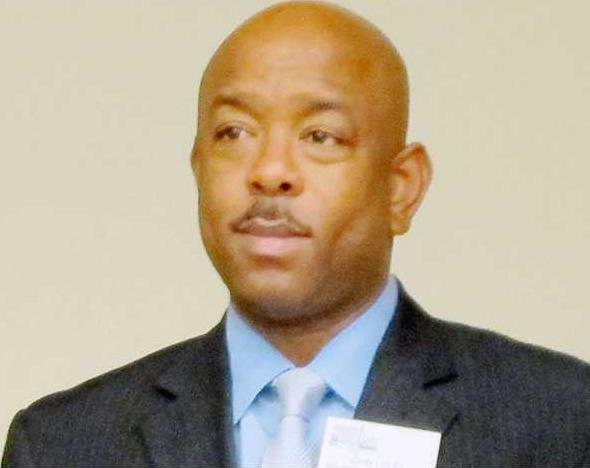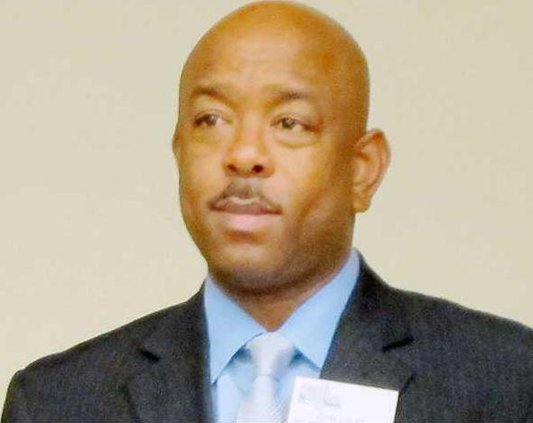Liberty County School System department heads offered board of education members first glance at the price tags for a number of proposed initiatives and programs Tuesday during the board’s annual retreat.
The school board approved a proposed budget-planning calendar for fiscal year 2015 during a regular meeting in late November 2013. The LCSS fiscal year runs July 1-June 30. Budget work sessions and public hearings should be held this spring. The board likely will adopt its next budget in June.
School administrators said the budget requests for next school year, if approved, would fund efforts to enhance teaching and learning and improve and maintain district facilities. In addition, Assistant Superintendent for Administrative Services Jason Rogers recommended staffing requests for the 2014-15 school year.
School Superintendent Dr. Valya Lee stressed these “division forecasts” delivered by the district’s assistant superintendents were for informational purposes only.
Rogers told board members the school system should experience the largest infusion of cash from the state in 11 years. He said Georgia public schools also will see a reduction in austerity funds.
Georgia Gov. Nathan Deal recently announced in his State of the State address that nearly $8 billion will be allocated toward public education in next year’s budget, according to a Jan. 16 report posted online at coastalcourier.com.
“My proposal represents the largest single-year increase in K-12 funding in seven years,” Deal said. “That’s an addition of $547 million, an increase of over half a billion dollars in one year for our local school systems. It will enable us, in partnership with local school districts, to restore instructional days, eliminate teacher furloughs and increase teacher salaries.”
Rogers said the system could decide to reduce furlough days or provide teachers with a one-time salary adjustment, but not an across-the-board raise.
However, Rogers cautioned the federal government likely will cut education funds anywhere from 6.5 to 8 percent. The good news is the district, which relies on federal impact aid, will see these funds restored to fiscal year 2012 levels.
“That’s really, really good,” he said.
Impact aid is the federal government’s way of paying its property-tax bill, Rogers previously has said. Military installations like Fort Stewart are tax-exempt. Federal impact aid helps school districts, like Liberty and Long counties, handle the cost of educating large numbers of children from military families, according to aasa.org, the American Association of School Administrators website.
Rogers said LCSS principals met to discuss staffing and resource needs. The principals’ wish list included spending requests on technology — hardware, software and support, textbooks, the hiring of additional parapros for the elementary schools and expansion of athletics at the middle schools, he said.
Assistant Superintendent for Student Services Mary Alexander told the board she worked with the teaching and learning department’s curriculum specialists on a number of recommendations.
The department suggests the district hold an instructional summit for all teachers twice next school year, one in the fall during teachers’ pre-planning period and another on a professional learning day before students return to school for the second semester, Alexander said. The summit would cost the district $180,000 and could be paid for out of the general fund and with Title 1 funds.
In addition, she recommended teachers attend workshops throughout the school year, at a cost of $50,000. The department also asked board members to consider providing six courses for faculty to help raise student achievement. These classes would cost about $51,000, and include a refresher on teacher evaluation and professional development processes (TEKES — Teacher Keys Effectiveness System), writing for research, data analysis and utilization in the classroom, classroom management for flexible grouping, using DOK (a student’s depth of knowledge) to create rigorous assessments, and integrating technology in the social-studies curriculum.
Alexander said expanding
library sets in middle and high schools also was recommended, as was shoring up teaching support by hiring another high-school curriculum coordinator, adding another math-sup-
port position and a transition support position to help make pre-kindergarten children
ready for kindergarten.
In an effort to cut $188,000 in expenses, Alexander also suggested eliminating the S.T.A.R. program. She said S.T.A.R. does a great job, but the Positive Behavior Intervention and Support program recently implemented by the district should offset dropping S.T.A.R., as will adding a behavior-support teacher to provide direct assistance in the classroom. Only six counties in Georgia use S.T.A.R., according to Alexander.
S.T.A.R. (Student Transition and Recovery program) is, “used by schools and juvenile judges as an alternative to suspension, expulsion (and) detention,” according to starprograms.com. S.T.A.R. students participate in exercises, counseling, tutoring and military-style drills before and after school, according to the program website.
John Lyles, assistant superintendent for operations, offered board members his budget requests to enhance the transportation and communications departments and improve school facilities.
Lyles requested $26,375 in SPLOST funds to improve the transportation-router system and add router staff. Of this total, $19,500 would pay for the additional staff positions, and $5,500 would pay for start-up costs to automate bus-stop and student-rider data. The cost to automate the system each year thereafter would be $1,375, he said. Lyles said fully integrating the EDULOG router system and automating student-ridership information translates into enhanced safety for students.
Lyles also requested $32,000 in SPLOST and general-fund money to upgrade the district’s communications capabilities. He wants to develop a television studio and video-production suite, expand the district’s marketing efforts and use the latest forms of communication, including social media.
As for the system’s facilities, Lyles proposed replacing two mowers and two service trucks, at a cost of $12,000 each and $30,000 each, respectively, and a mower/tractor at a cost of $40,000. Lyles said proper equipment is needed to maintain the district’s recent acquisitions, including the Liberty College and Career Academy, the performing-arts center and refurbished stadium.
Lyles also recommended hiring an electrician and HVAC technician at an annual salary of $62,500 each, and a general-maintenance technician at a yearly salary of $50,000. The school system currently contracts out these types of services, he said.
School board hears fund requests
District expecting infusion of state money


Sign up for our e-newsletters